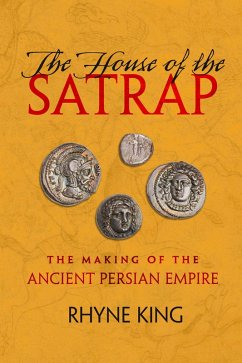Starting in the sixth century BCE, the conquests of the Persian kings Cyrus, Cambyses, and Darius transformed the lives of humans on a continental scale, as their empire reached from the Iranian plateau to eastern Europe, Central Asia, and North Africa. Beyond the imperial center, the kings' vast territory was ruled by royal representatives known as satraps, who managed the practicalities of running the empire. In this book, Rhyne King explores how the empire was governed by investigating how the satraps and the structures supporting them-their "houses"-operated across great distances. Examining satrapal houses in Egypt, Anatolia, Mesopotamia, and Central Asia, King demonstrates how these systems encouraged local self-interest and advancement even as they benefited the imperial whole. Ultimately, he argues, it was these Persian forms of transregional governance that were key in enabling the vast polity to endure for more than two centuries.
Dieser Download kann aus rechtlichen Gründen nur mit Rechnungsadresse in A, D ausgeliefert werden.







![Ancient Hawaiian House [Illustrated Edition] (eBook, ePUB) Ancient Hawaiian House [Illustrated Edition] (eBook, ePUB)](https://bilder.buecher.de/produkte/68/68972/68972133m.jpg)

